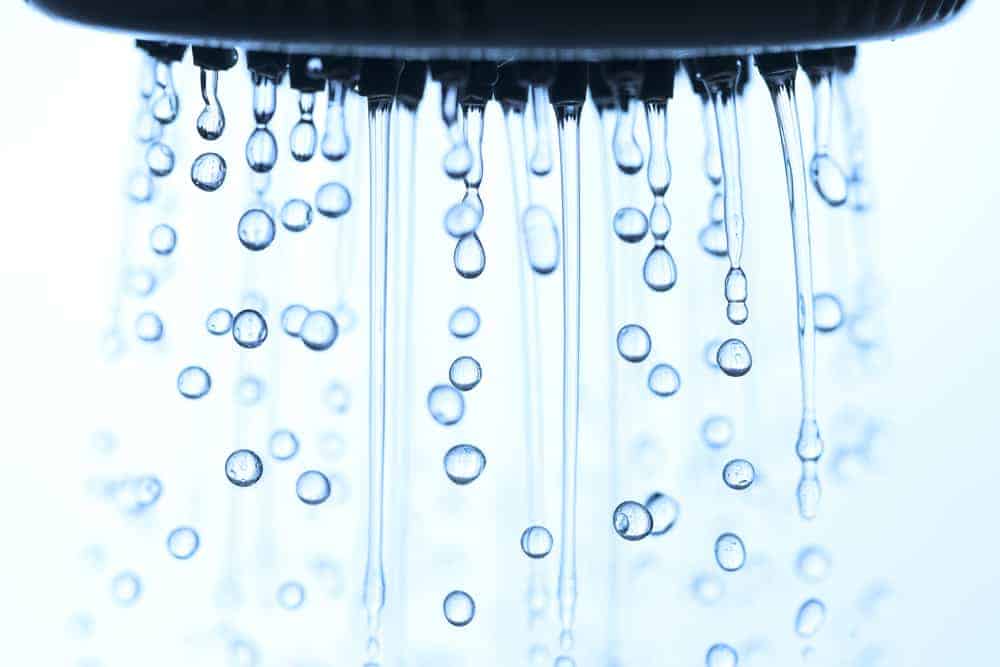Do you know what could cause your hot water heater to stop working? Here are the top reasons for cold showers.
Why would anything cause the hot water heater to stop working right before your morning bathing ritual? There’s nothing worse than waking up to a freezing cold shower. Yesterday, you enjoyed a hot shower and even washed your clothes on the warm cycle. What could have gone wrong in less than 24 hours? If you find yourself needing emergency water heater repairs, you’re not alone.
Hot water is a modern luxury that many people take for granted—at least that’s until they no longer have access to it. You expect your water heater to produce steaming hot water continuously. Unfortunately, that’s not always a reality. Here are the most common reasons why you had to endure an ice-cold shower this morning:
No Power to the Water Heater
Your water heater, whether it’s gas or electric, needs a power source in order to operate. If you suddenly wake up to cold water, check the other outlets in your home. Do your lights still work? Can you turn on the television? If the answer is no, you probably have a power outage or blown transformer. Your neighbors may also be without power! Call your electric provider to report the outage.
A tripped circuit breaker may also be to blame. If you have electricity in the rest of your home, check your circuit box. Replace any blown fuses and realign the breakers. In many instances, this will solve your cold water dilemma.
If your gas water heater no longer works, you may need to replenish your gas supply. Make sure the connections are secure and check for any leaks. Gas leaks are very dangerous—a tiny leak can fill your home with poisonous carbon monoxide. You should address even the smallest leak ASAP. If you suspect one, report it to the gas company right away. Then call a plumber to locate and remedy the situation.
Once you get the power back up and running, your water heater should work without fail. Always check your power source first before assuming the worst.

Cold Water Because of a Broken Thermostat
Every water heater has a built-in thermostat. Some even have two thermostats to maintain the temperature of the water. Depending on the setting, you may enjoy a shower that ranges from 120-140 degrees. Doesn’t that sound like pure bliss on a chilly day?
Here’s the problem, however. Thermostats can fail. If one of the thermostats inside your water heater goes out, it will not trigger the heating element. And, as you probably guessed, the result is cold water.
In a single-element water heater, you only have one thermostat. If it stops working, you’ll find yourself without any hot water. A two-element water heater relies on two thermostats to regulate the temperature—one at the top of the tank and another at the bottom.
If the upper thermostat fails, you can say goodbye to your warm bath. However, if just the lower thermostat goes on the fritz, you’ll only get a limited supply of hot water. But since the average American uses 17.2 gallons of water per shower, you may not have enough water to last the entire duration.
Luckily for you, a plumber can usually replace a broken thermostat without installing a new water heater. As long as there is nothing else wrong with the unit, it should be a straightforward repair.
Lots of Sludge Clogging the Tank
Do you remember the last time you drained your water heater? It’s important to empty the entire tank at least once a year. This simple task helps to clear out any sludge in the bottom of the tank. Forgetting to drain the water heater may cause large amounts of sediment to settle inside the unit. You may find yourself with very little hot water or, even worse, with a flooded home.
No water heater is immune from sediment. Too much sludge may impair the heating element, and it may even cause the tank to leak or burst. Rumbling or banging noises are often indicative of sediment buildup. If you haven’t serviced your unit this year, it’s time to have a plumber flush the system.
When a plumber drains the tank, they will also check the rest of the system for signs of damage. Preventative maintenance is the best way to increase the lifespan of your water heater. As a general rule of thumb, it’s always cheaper to fix small problems before they get bigger.
You Have an Old Water Heater
How old is your water heater? On average, most water heaters only last for about 8-12 years. Once they reach their geriatric years, you’re likely to experience problems. Even the most efficient water heaters eventually stop working for good.
If your water heater is more than a decade old, it’s time to consider replacing it. Sure, you could try to fix the problem, but you’re just buying a little bit of time before it goes out completely. Besides, a malfunctioning water heater may cause more headaches than it’s worth. Do you really want to mop up 40 gallons of water after it decides to leak?
Instead of putting a Band-Aid on an older model, replace it with something newer and better. A plumber can help you choose the most cost-effective system for your home. They may even talk to you about the advantages of a tankless model. Replacing an old, outdated water heater will give you peace of mind—and plenty of hot bubble baths.
Leave Your Water Heater Woes to a Professional Plumber
In this day and age, many homeowners try to DIY all repairs—both big and small—around their home. When the water heater goes out, however, fixing it on your own may not be the best option. There are too many things that can go wrong. Plumbers undergo years of training to be able to handle any water or pipe emergency. If you want to enjoy a warm shower tomorrow, it’s best to call a plumber today.
With more than 30 years of plumbing experience, the team at Anthony Wimpy Plumbing can tackle any problem you send our way. We are passionate about pipes and will go the extra mile to make sure your water heater produces enough hot water for your entire family. With fair prices and top-notch customer service, it’s no wonder why we’re the most trusted plumber in your neighborhood.
At Anthony Wimpey Plumbing, we understand that time is of the essence. That’s why we offer our customers 24/7 emergency service. You won’t have to suffer through another shivering shower—we’ll fix the problem right away. Get in touch with us, and a master plumber will tell you what caused your hot water heater to stop working.
